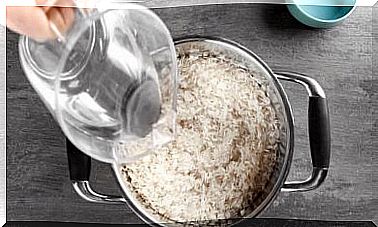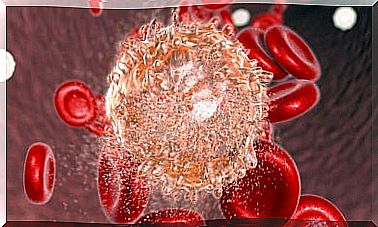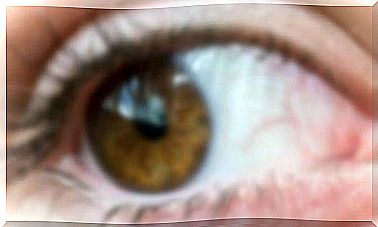4 Important Things Every Woman Should Know About Depression
On a day-to-day basis, we talk about depression in general terms, lightly, and sometimes without complete knowledge of the subject. We forget, perhaps, that there are many types of depression and that each person experiences it in a unique and exceptional way.
Therefore, it should be made clear that we are facing a mood disorder, not a personal whim and of course, not a behavior that reflects a weak personality, lack of courage or courage.
Depression is a disorder that must be treated by professionals, which requires an authentic and real social closeness where the person does not feel marginalized, alone or misunderstood. In turn, and this data is interesting, men and women suffer from this disorder in a different way as well.
- Men are more reluctant to ask for help. It is not easy to recognize that internal discomfort, that apathy or anhedonia, that drop in energy always accompanied by a bad mood … The most common thing is to think that it is just a bad time, and that everything will pass.
- For their part, women have more tools to face and manage it, as they are more skilled at communicating and venting emotions. However, it is they who, in general, have a greater tendency to develop these types of disorders.
Next, we will delve into this last aspect. Next, we detail all those nuances that define how depression affects women.
1. Depression along the genetic line: a risk, but not a determination
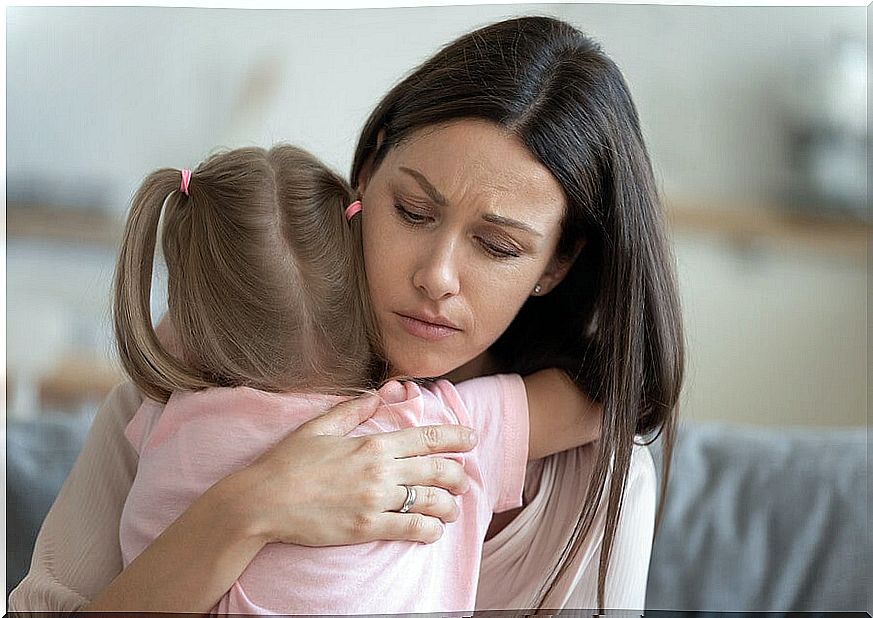
Dr. Fumiko Hoeft according to University of California (United States), the Mothers can pass on some genetic vulnerability to depression to their daughters.
A similar brain structure is inherited, where the The brain’s cortico-limbic system, responsible for managing our response to stress, shares similar connections and architecture.
However, and this is important to be clear about, not because a woman suffers or suffered from depression in the past, does it necessarily determine that her daughter or daughters suffer from it at some point in their life.
- There is a higher risk, a higher probability.
- However, other variables of greater weight must be added to this genetic risk, such as the social environment, the way in which life experiences are managed and dealt with …
2. Depression “hurts” and the pain is real in the body
When a woman suffers from depression, it is common for her personal and social environment to think that she “is sad.” It is important to clarify that, sometimes, this emotional state occupies a small place within depression. In fact, there are times when the person with depression not only feels sad: they feel anger, rage, bad mood …
A curious fact is that the most common symptomatology of depression in women is not sadness, but physical discomfort. Let’s see it in detail:
- Headaches
- Insomnia.
- Muscle pain.
- Digestive problems.
- Exhausted.
- Increased sensitivity to pain.
- Small memory losses, associated with “blurred mind”.
- Weight gain or loss.
3. There are certain types of depression that are unique to women

There are certain types of depression that are characteristic of the female gender. However, as we have pointed out at the beginning, each woman will also experience them in a distinctive way and will be characterized by a very specific reality. Let’s go deeper.
Premenstrual dysphoric disorder (PMDD)
Most people are familiar with the term PMS. It is associated with the classic mood swings and irritability that usually appear in the days before menstruation.
- However, there is a more severe form of PMS called premenstrual dysphoric disorder (PMDD).
- Suicidal thoughts, irritability, and severe pain in the joints and muscles appear about 7 to 10 days before the menstrual period.
- It can interfere with the personal, social and work functioning of the person.
Postpartum depression
Postpartum depression remains a taboo subject for many women. Motherhood is associated with a moment of happiness and personal fulfillment, and that is why those who suffer it feel even more misunderstood or even rejected.
This type of depression is accompanied by extreme anxiety and exhaustion, dejection and the clear feeling of not being able to with each and every one of the responsibilities that come our way.
Depression in perimenopause
Perimenopause (or transition to menopause) is a normal phase in a woman’s life and it is sometimes experienced as a challenge.
Mood swings, hot flashes, times of irritability, anxiety and the feeling that we no longer enjoy anything appear… Thus, the risk of depression rises at this time.
4. Sometimes the personal and social environment makes progress difficult
Everyone, both men and women, needs a closer social environment to better manage and cope with depression. This aspect is clear to us.
Now, the biggest problem that many women with depression find is that many other people depend on them in turn.
- There are women who are caregivers, who take care of dependent or sick relatives.
- Others have the exclusive responsibility of the children and are the engine of those families in which, if they fail, everything fails or that functionality or harmony is lost.
The support of the psychotherapist is essential to recover
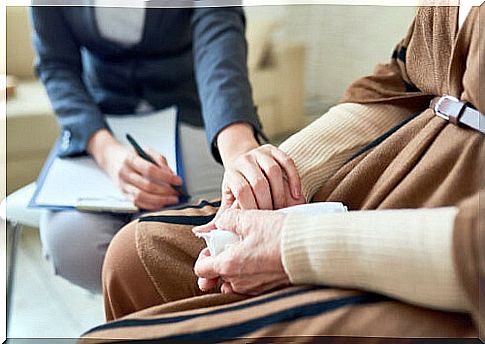
Such personal situations make it very difficult for a woman to find that support or that time for herself where she can treat herself, treat herself, go to therapy and reorganize those wounds and internal voids.
It is very common for them to tell themselves that “pills are enough.” However, we must be clear: the pain pills of life are never enough. More strategies are needed and, in turn, a facilitating, sensitive and close environment.
Depression in women, as we have seen, has a series of very special attributes that we must consider on a day-to-day basis. Either to be able to face them better or to be that helping hand that helps, comforts and supports .

